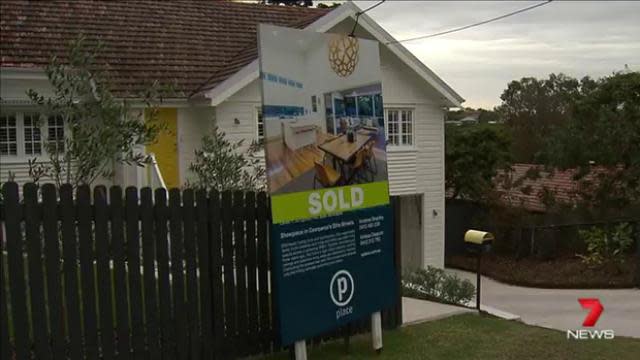Can banks survive an Aussie house price crash?

The Reserve Bank governor Glenn Stevens is confident Australia’s banks would survive a large fall in house prices.
Mr Stevens told the The Australian and The Wall Street Journal that whether a property price fall was damaging depended on how much debt was behind it.
Also read: First-time buyer hurdles may be getting worse
“You care, of course, whether asset prices seem divorced from their fundamentals. That’s often in the eye of the beholder,’’ he said.
“But the thing you most care about is, ‘is there a lot of borrowed money behind the assets’. “(With) housing, the debt being carried there is pretty significant now, but I don’t think we’re seeing another massive step up in leverage at the moment, and, as you know, we’ve been watching that fairly carefully. Every attempt to stress-test housing portfolios that I’m aware of ... none of those show a very bad outcome for the system.
“Now, some losses get incurred, but by and large the system manages with that OK.
Also read: Sunshine Coast builds two new mega suburbs
“We wouldn’t have major institutions getting even close to failure. Not even close.
“They’d wear some losses and they’d have to, again, strengthen balance sheets at some point, but you wouldn’t have a systemic event,’’ he said. “Whatever you thought the risks posed to financial stability and macroeconomic stability might’ve been from the housing sector a year ago, they’ve probably diminished a bit since then,’’ Mr Stevens said.

 Yahoo Finance
Yahoo Finance 